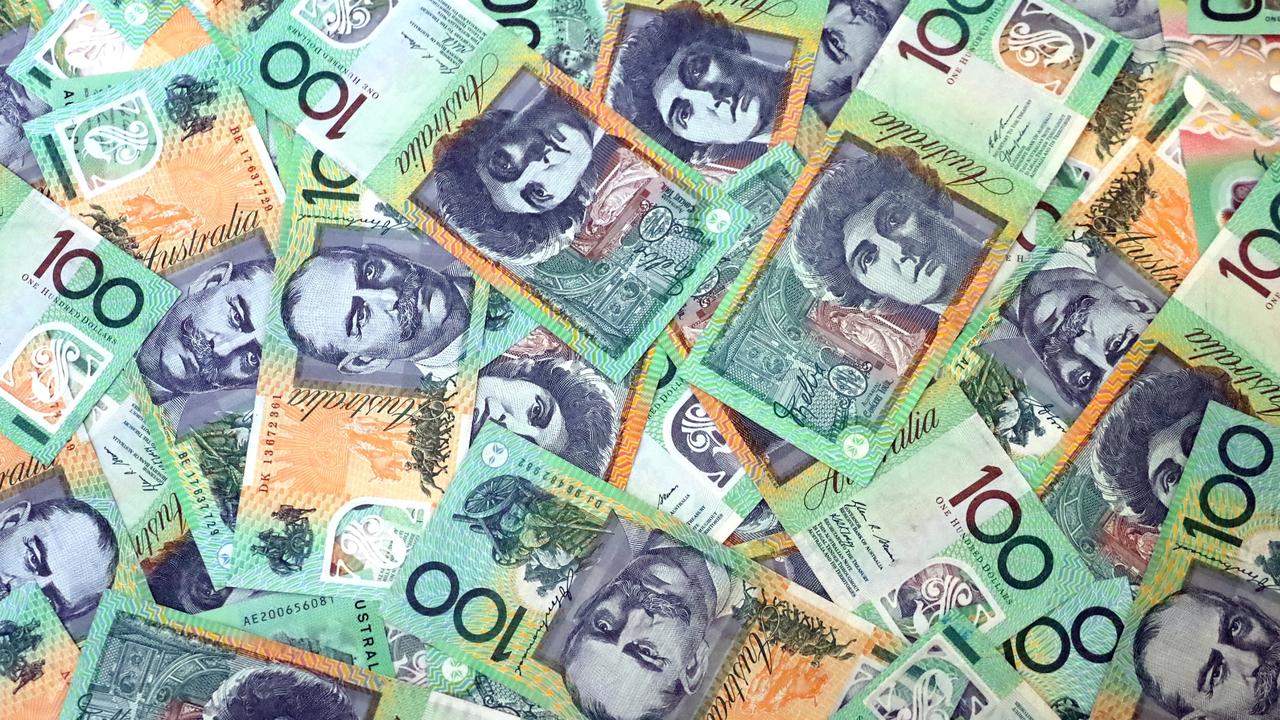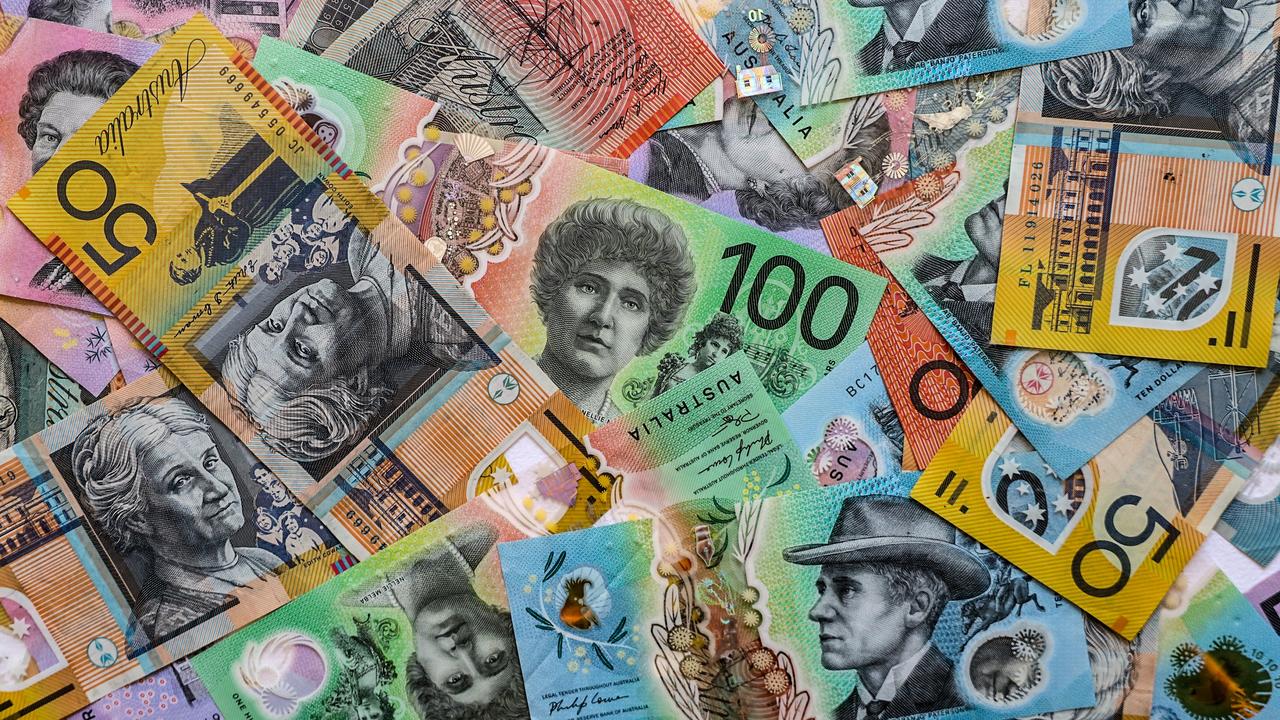The federal budget for 2024 could kill your next pay rise
The government is “throwing money” at Aussies in an attempt to tackle the cost of living crisis but it could have a terrible knock on effect.
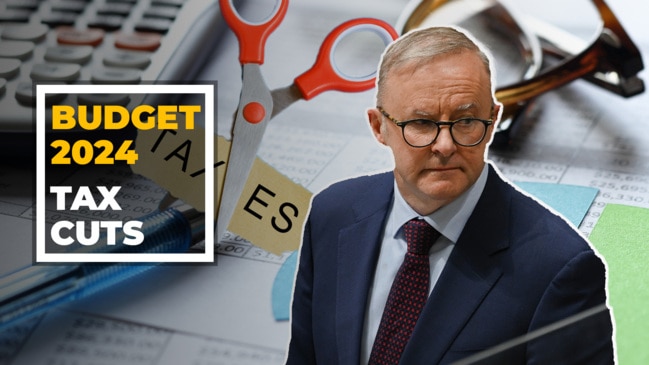
Fed Budget
Don't miss out on the headlines from Fed Budget. Followed categories will be added to My News.
The government’s federal budget is making moves to bring down inflation, which would bring welcome relief to Australians hit by skyrocketing prices but there’s a catch – it could smash your hopes for a big pay rise.
Treasurer Jim Chalmers has splashed some cash in the budget in the hopes that the money will push inflation back to an acceptable level – but it could make the case for higher wages harder for unions and employees.
It’s also put Treasury and the Reserve Bank of Australia (RBA) at odds with how quickly inflation is going to come down.
Treasury has tipped inflation to sit at 2.75 per cent in 2024-25 and 2025-26.
Yet the RBA has forecast that inflation will continue to be a problem as it will sit closer to 4 per cent by the end of the year and won’t drop below 3 per cent until the end of 2025.
Mr Chalmers has targeted handouts as a way to impact the consumer price index (CPI).
He has done this in the 2024 budget by announcing a $300 energy rebate for every household and $325 for small businesses, alongside a 10 per cent increase to the Commonwealth Rent Assistance – with both measures expected to reduce inflation by 0.5 per cent.
Adding in the announcement of freezing of co-payments for medicines at the current levels for concession card users of the Pharmaceutical Benefits Scheme and it’s these types of measures that could bring down inflation to the forecast 2.75 per cent.
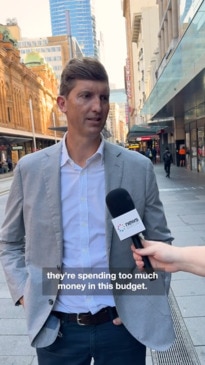
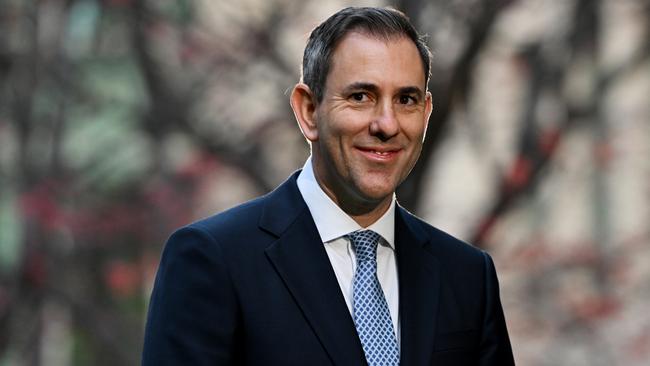
Independent economist Saul Eslake told news.com.au it was fair enough for Treasury to forecast lower inflation as the RBA didn’t have the inside knowledge of what was coming in the budget.
“The RBA said explicitly last week that they had not taken into account whatever might be in the budget and remember the secretary of treasury is on the Reserve Bank board and I don’t think he would have told the board what was in budget as that would be naughty,” he said.
“But he might have said there are things in the budget that will have an impact on inflation so when you put out the forecast you should have a little footnote that this doesn’t include any allowance for measures that might be in budget.”
While the RBA uses interest rate hikes to tame the inflation dragon, Mr Eslake pointed out that the government was “throwing a lot of money at people” to “buy a reduction” in inflation.
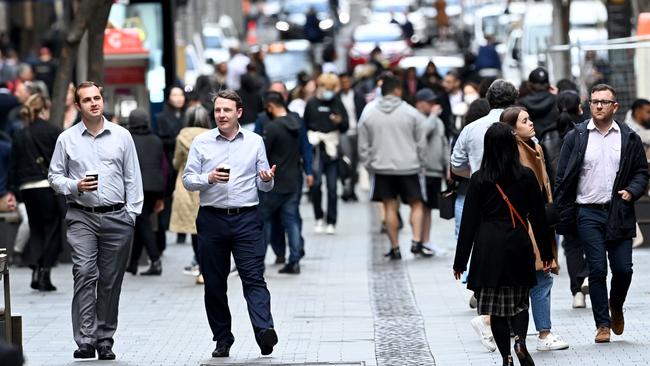
However, there is a risk the move to spend $3.5 billion on the likes of the energy rebate might not pay off, he added.
“If you don’t have to spend $300 on your electricity bill that is $300 you get to spend on something else and if people do spend that $300, especially given everyone is getting it and not just those who arguably need it, that does add to demand for other stuff,” he noted.
“That could allow business to put prices up by more than they otherwise would so there will be some offsetting factor. I suspect given the economy is a $2.7 trillion economy and while $3.5 billion sounds like a lot to us, but as a potion of GDP it is barely more than 0.1 per cent.
“So in theory there will be an upward impact on inflation as people spend the cash the government is giving them but I suspect it will be smaller than the mechanical downward impact on CPI.”
Inflation is a crucial tool for helping business to justify price rises but is also used as a guide for wages, Mr Eslake added.
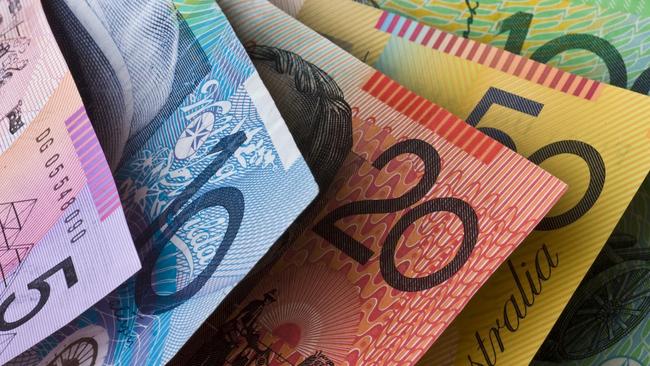
The Fair Work Commission takes the CPI movement into account when deciding on how much to increase the minimum wage, while it is also something that unions use to frame their wage arguments, he added.
This means the government’s inflation busting measures will directly affect the ability of the union movement to push for larger pay rises – and with inflation tipped to sit at 2.75 per cent – it makes it even harder to campaign for wage increases higher than 3 per cent.
It also comes at a time when unemployment, which is currently sitting at 3.8 per cent, is expected to blow out to 4.5 per cent – further dampening the ability to push up wages.
However, unions won’t back down on the wage fight.
“Unions will always campaign for higher real wages for Australian workers and their families,” ACTU President Michele O’Neil told news.com.au.
“Working people need a pay rise higher than inflation to make up for lost ground not just from cost-of-living pressures but also from the decade of wage stagnation under the Coalition government.”
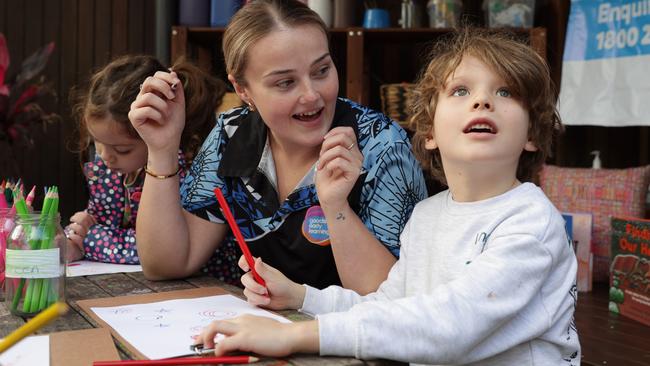
The wage price index is tipped to reach a decade-high of 4 per cent this current financial year before slowing down to 3.25 per cent in 2024-25 and 2025-26.
But Mr Eslake points out that bringing down inflation would mean less of a need for big pay rises.
“If inflation is lower, than it’s not necessarily a problem if your pay rise is lower,” he said. “Everyone would like to get a pay rise and more than they actually get, it’s human nature but if inflation hasn’t gone up as much and as a result of that your wage doesn’t go up as much then are you actually worse off? No.
“Baring in mind if your wage rise is big enough push into bigger tax bracket maybe a lower rise its not so bad after all, depending on how close your salary is to the next tax bracket.”
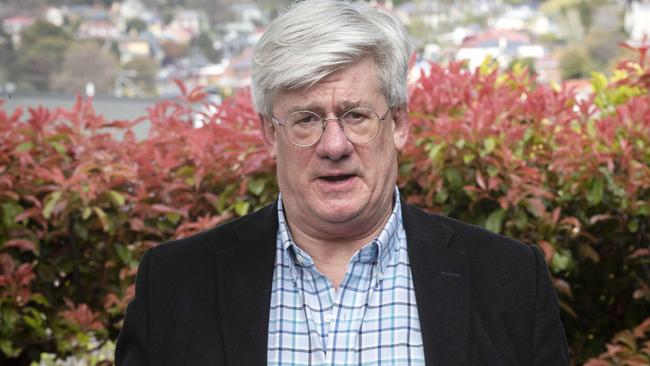
KPMG chief economist Brendan Rynne added that the unemployment rate is expected to push up to 4 per cent by June 2024 and then stabilise at 4.5 per cent for the following two years.
“This stabilisation in the labour market pushes down expected wages growth to low-to-mid 3 per cent range over the forecast period,” he noted,
“While weaker than nominal wages growth currently being achieved the concurrent fall in inflation means real wages growth strengthens from around 0.5 per cent in the early years to 1 per cent in the outer years.”
However, he warned that if the government gets it inflation figures wrong compared to the RBA there is bad news for Aussies struggling with the cost of living crisis.
“If the government is wrong, then the implication is for the cash rate to stay higher for longer; which will in effect could result in higher mortgage payments that would more than offset any cost of living relief provided in the budget,” he added.
Originally published as The federal budget for 2024 could kill your next pay rise




